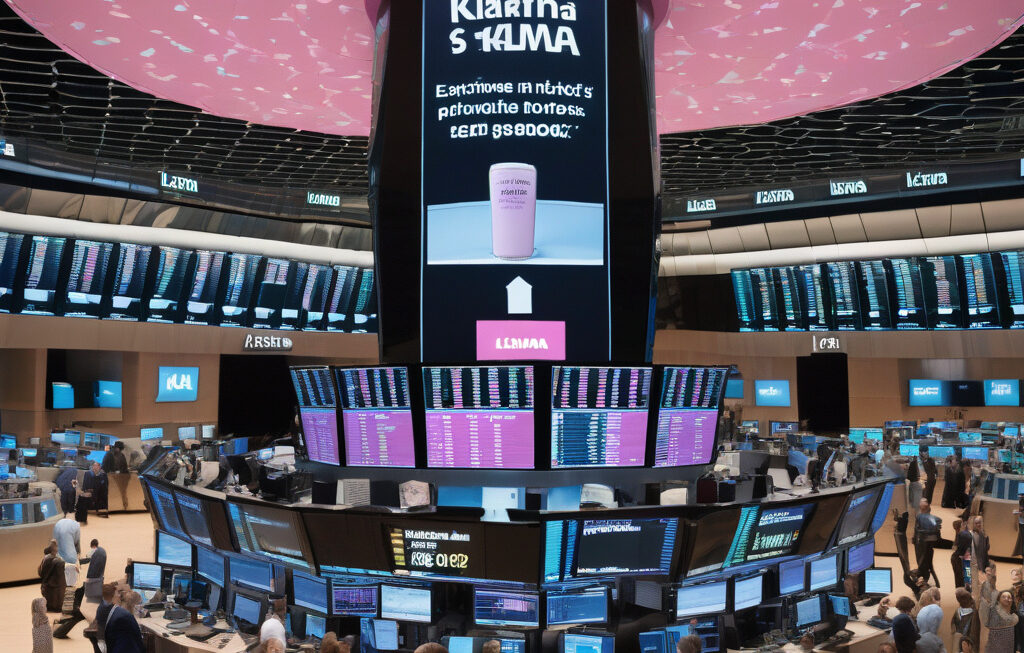Ghana Plans to Regulate Digital Assets with New Legislation
The financial landscape is rapidly evolving, with digital assets playing an increasingly significant role in the global economy. In line with this trend, Ghana is taking proactive steps to regulate digital assets within its borders. The Bank of Ghana, the country’s central bank, has announced its intention to establish a dedicated digital asset unit following the anticipated passage of the Virtual Asset Providers Act by parliament.
The move comes as part of Ghana’s efforts to create a robust regulatory framework that addresses the challenges and opportunities presented by digital assets. By regulating this burgeoning sector, Ghana aims to enhance consumer protection, prevent financial crimes, and foster innovation in the digital economy.
The Virtual Asset Providers Act is set to provide clarity on the legal and regulatory requirements for entities involved in the issuance, sale, and trading of digital assets. This legislation will not only bring digital asset service providers within the regulatory purview but also establish guidelines for combating money laundering, terrorist financing, and other illicit activities facilitated by digital assets.
One of the key features of the proposed legislation is the licensing requirements for virtual asset service providers operating in Ghana. By obtaining a license from the Bank of Ghana, these entities will be required to adhere to strict compliance standards, including customer due diligence, transaction monitoring, and reporting of suspicious activities.
The establishment of a digital asset unit within the Bank of Ghana underscores the government’s commitment to staying ahead of the curve in the fast-paced world of digital finance. This specialized unit will be tasked with overseeing the implementation of the Virtual Asset Providers Act, conducting supervision of licensed entities, and staying abreast of developments in the digital asset space.
Ghana’s proactive approach to regulating digital assets is expected to have far-reaching implications for the country’s financial sector. By providing regulatory clarity and promoting transparency, Ghana aims to attract foreign investment, spur economic growth, and position itself as a fintech hub in the West African region.
Furthermore, the regulation of digital assets is crucial for safeguarding the interests of Ghanaian consumers and investors. With the growing popularity of digital assets such as cryptocurrencies and non-fungible tokens (NFTs), ensuring that market participants operate within a secure and compliant environment is paramount.
In conclusion, Ghana’s plans to regulate digital assets through the enactment of the Virtual Asset Providers Act and the establishment of a dedicated digital asset unit mark a significant milestone in the country’s financial sector development. By embracing regulatory innovation and fostering a conducive environment for digital finance, Ghana is poised to unlock new opportunities and drive inclusive growth in the digital economy.
#Ghana, #DigitalAssets, #Regulation, #BankofGhana, #Fintech












